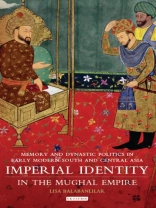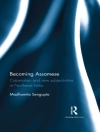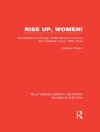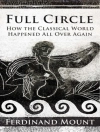Having monopolized Central Asian politics and culture for over a century, the Timurid ruling elite was forced from its ancestral homeland in Transoxiana at the turn of the sixteenth century by an invading Uzbek tribal confederation. The Timurids travelled south: establishing themselves as the new rulers of a region roughly comprising modern Afghanistan, Pakistan and northern India, and founding what would become the Mughal Empire (1526-1857). The last survivors of the House of Timur, the Mughals drew invaluable political capital from their lineage, which was recognized for its charismatic genealogy and court culture – the features of which are examined here. By identifying Mughal loyalty to Turco-Mongol institutions and traditions, Lisa Balabanlilar here positions the Mughal dynasty at the centre of the early modern Islamic world as the direct successors of a powerful political and religious tradition.
Lisa Balabanlilar
Imperial Identity in the Mughal Empire [PDF ebook]
Memory and Dynastic Politics in Early Modern South and Central Asia
Imperial Identity in the Mughal Empire [PDF ebook]
Memory and Dynastic Politics in Early Modern South and Central Asia
购买此电子书可免费获赠一本!
格式 PDF ● 网页 240 ● ISBN 9780857720818 ● 出版者 I.B.Tauris ● 发布时间 2015 ● 下载 3 时 ● 货币 EUR ● ID 5677497 ● 复制保护 Adobe DRM
需要具备DRM功能的电子书阅读器












